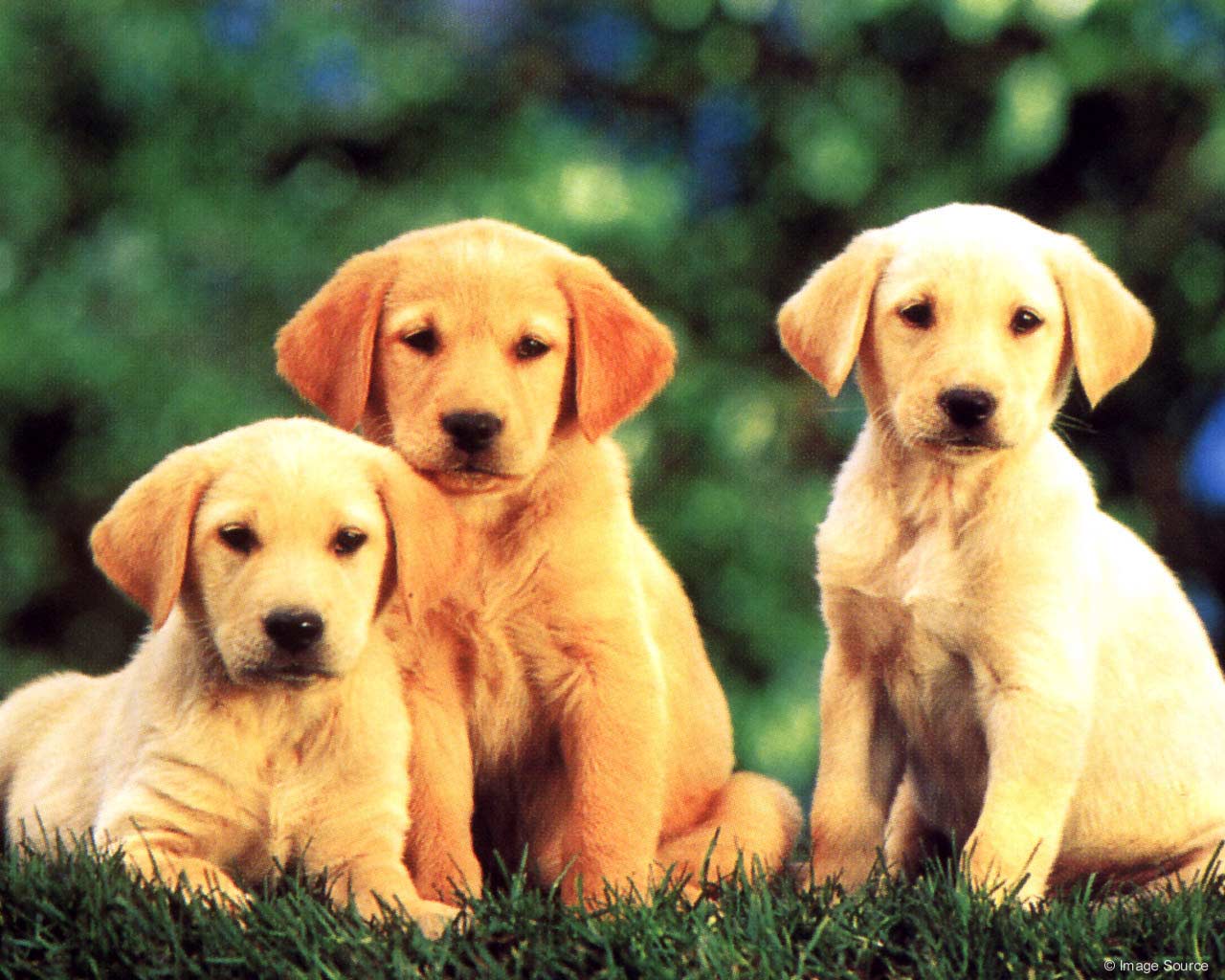The Ultimate Guide to Veggies for Your Bearded Dragon: A Beginner's Handbook
Introduction
As a pet owner, it’s important to know what you should and shouldn’t be feeding your bearded dragon. While it may be tempting to grab the first bag of pet food that you see at the store, there’s a lot more to it than that. One crucial aspect is making sure your bearded dragon is getting enough vegetables in their diet. This guide will help you choose the best veggies for your bearded dragon and will offer some tips on how to feed them to your pet.
Why Veggies are Important for Bearded Dragons
Bearded dragons are omnivores, which means that they eat both plants and animals. However, many pet owners don’t realize that veggies should make up a significant portion of their pet’s diet. Vegetables are an excellent source of vitamins and nutrients, some of which your bearded dragon may not be getting from its other foods. Not only that, but a diet too high in protein can lead to health problems for these reptiles. Feeding your bearded dragon a balanced mix of veggies and protein is essential for maintaining good health.
Which Veggies are Best for Bearded Dragons?
Now that you know why veggies are important let’s talk about which ones to feed your bearded dragon. Not all vegetables are suitable for these reptiles. Some veggies are difficult to digest, while others are low in nutrients. However, there are plenty of options that will provide your bearded dragon with much-needed vitamins and minerals. Here are some of the best veggies for bearded dragons:
1. Collard Greens

Collard greens are a staple in a bearded dragon’s diet. These veggies are rich in vitamins A and C, calcium, and iron. As an added bonus, collard greens are low in oxalates, which can bind calcium and cause health problems for your pet. Offer your bearded dragon a mix of raw and cooked collard greens.
2. Mustard Greens
Like collard greens, mustard greens are a great source of vitamins A and C, calcium, and iron. They’re also low in oxalates. Plus, many bearded dragons enjoy the slightly spicy taste of mustard greens. Offer a mix of raw and cooked mustard greens to your pet.
3. Turnip Greens

Turnip greens are another nutritious option for bearded dragons. These veggies are high in calcium and vitamin A, and they’re low in oxalates. As with other greens, offer a mix of raw and cooked turnip greens to your pet.
4. Squash

Squash is a great way to add some variety to your bearded dragon’s diet. There are many different types of squash to choose from, including zucchini, butternut, and spaghetti squash. Squash is rich in vitamins A and C, and it’s also a good source of fiber. You can serve squash raw or cooked, but make sure to remove any seeds or skin first.
5. Green Beans
Green beans are a healthy and easy-to-find veggie for bearded dragons. They’re low in oxalates and high in fiber, and they’re a good source of vitamin A. You can serve green beans raw or cooked, but avoid canned or frozen beans that have added salt or preservatives.
Tips for Feeding Your Bearded Dragon Veggies
Now that you know which veggies to offer your pet, here are some tips on how to feed them:
1. Wash Your Veggies
Always wash your veggies before serving them to your bearded dragon. Rinse them thoroughly under running water to remove any dirt or pesticides. You can also scrub them lightly with a vegetable brush if you want to be extra cautious.
2. Don’t Offer Too Many Oxalate-Rich Veggies
While some veggies like spinach and kale are perfectly fine for humans, they’re not as healthy for bearded dragons. These veggies are high in oxalates, which can bind calcium and cause health problems for your pet. It’s best to avoid giving your bearded dragon too many oxalate-rich veggies and focus on the greens listed above.
3. Offer a Mix of Raw and Cooked Veggies
A combination of raw and cooked veggies is best for bearded dragons. Raw veggies provide more nutrients, but cooked veggies are easier to digest. Offering your pet a mix of both will give them the best of both worlds. You can also try lightly steaming your veggies to make them more palatable.
4. Avoid Seasonings or Spices
Bearded dragons don’t need any seasoning or spices on their veggies. In fact, these additives can be harmful to their health. Stick to plain, unseasoned veggies to ensure that your pet is getting only the best nutrition.
Conclusion
Feeding your bearded dragon a healthy and balanced diet is essential for maintaining good health. Veggies are an important part of that diet, and now you know which ones to offer your pet. Remember to offer a mix of raw and cooked veggies, wash them thoroughly, and avoid offering too many oxalate-rich veggies. By following these tips, you’ll be well on your way to providing your bearded dragon with a nutritious and delicious diet.
